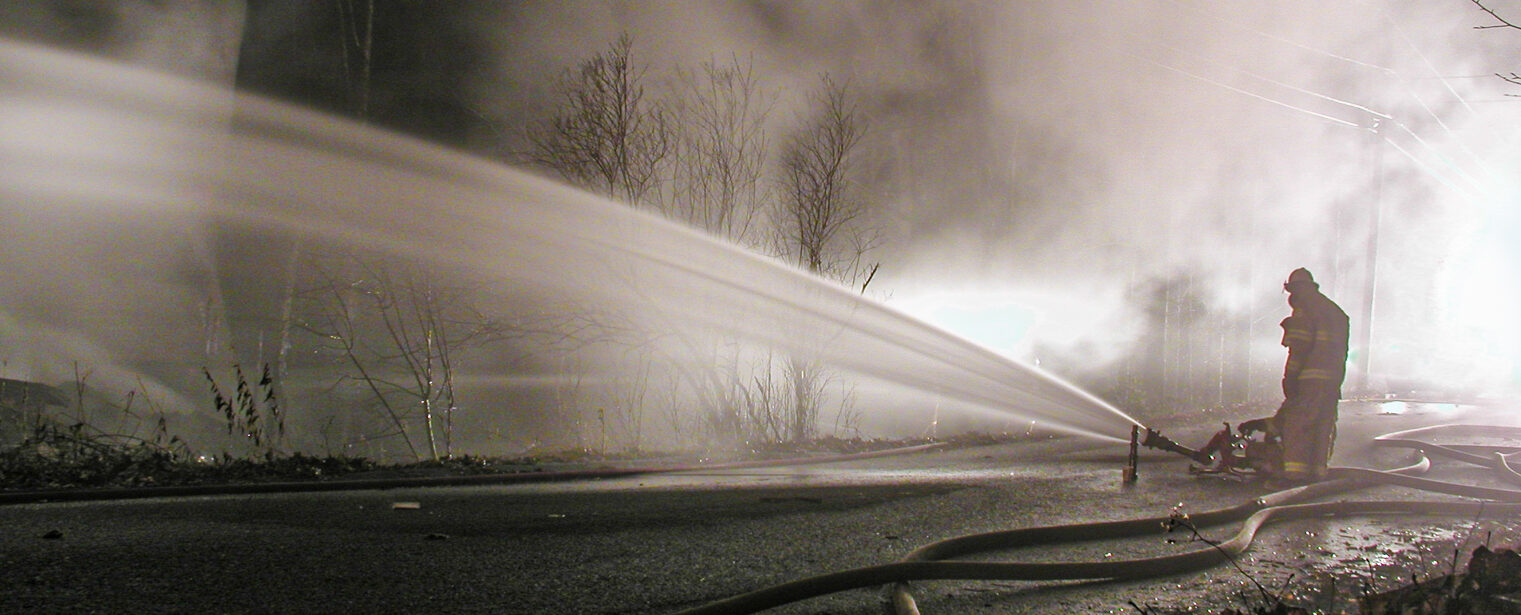Source: Union-News (Springfield, MA)
Author: JULLIETTE DORO
Some towns may not be able to afford paramedic-level response 24 hours a day as required under the new law.
A law governing emergency medical services in Massachusetts is causing concern in rural communities over the cost of meeting its standards.
EMS 2000, which has gone into effect gradually since its passage in March, sets unified standards for emergency medical response, particularly as it relates to ambulance services. The state Department of Public Health’s Office of Emergency Medical Services is still drafting regulations for implementation, according to Director Louise A. Goyette.
For those departments that provide basic level emergency response, the law will not change. Those ambulances will still need to provide 24-hour response. Currently, paramedic-level – the highest level of response – is only required 40 hours a week. Under the new law, paramedic level response will also be required 24 hours a day within the next three years.
Although it has been hailed in the industry as a positive step, paramedic providers such as the Granby Fire Department could be hard hit by the law, said Granby Chief Dennis W. Houle. His department has two full-time paramedics who provide 12 hours of paramedic level service seven days a week.
Under the law, Granby may have to spend $100,000 – nearly double its current EMS budget – to add three more paramedics or drop down a level of service. Houle said yesterday that the law was written with larger communities in mind and is a disservice to rural towns.
“There are a lot of communities out there that are working OK, and they are going to be eliminated. There is a lot of concern that smaller communities are totally put out of the picture,” Houle said.
In Goshen, one of only a few all-volunteer EMS providers, Chief Francis S. Dresser said it is too soon to tell its effect on the small department, which already provides 24-hour ambulance service to its community.
“We’ve been looking forward to the changes that are coming out and trying stay ahead of things,” Dresser said.
But he added that communities looking to increase to paramedic level service will have a difficult time doing so.
Its overall effect on Western Massachusetts is still unclear, but Linda Moriarty, executive director of Western Massachusetts Emergency Medical Services said the impact should be minimal for most ambulance providers.
Ludlow and Agawam Fire Departments say they already provide 24-hour paramedic level services to their residents. West Springfield provides 120 out of 168 hours of paramedic service. They are looking to hire at least two more paramedics, said Deputy Chief David R. Barkman.
Another aspect of the legislation strengthens the current law dealing with primary emergency response providers.
Barkman and Chief John J. Flaherty asked selectmen to appoint the fire department as the primary ambulance provider in the town, saying the move would put the community in compliance with the law.
The appointment would put teeth into the current law that requires private contracted ambulances, such as those with nursing homes, to call the primary ambulance in emergencies, according to Moriarty. The law would ensure that the closest ambulance responds to a life threatening situation.
While the appointment is in accordance with EMS 2000, West Springfield is one step ahead of the state.
Goyette said her department has yet to draft the guidelines for implementation of this section. According to Moriarty, the Massachusetts Municipal Association will start a campaign to inform municipalities of their responsibilities as many are not yet aware.
This was the case in West Springfield on Monday when the Board of Selectmen postponed the appointment of the fire department as the primary ambulance service in order to do more research on the law.
Further, Moriarty said each community must have a plan that details its emergency resources and how it would provide back-up service. In effect, it will bar ambulance services from calling back-up from communities or other providers which are more than a few minutes away.
“What this law does is to make everybody look at what their emergency resources are,” Moriarty said. “That is not a major issue out here, but it is at the other end of the state.”
